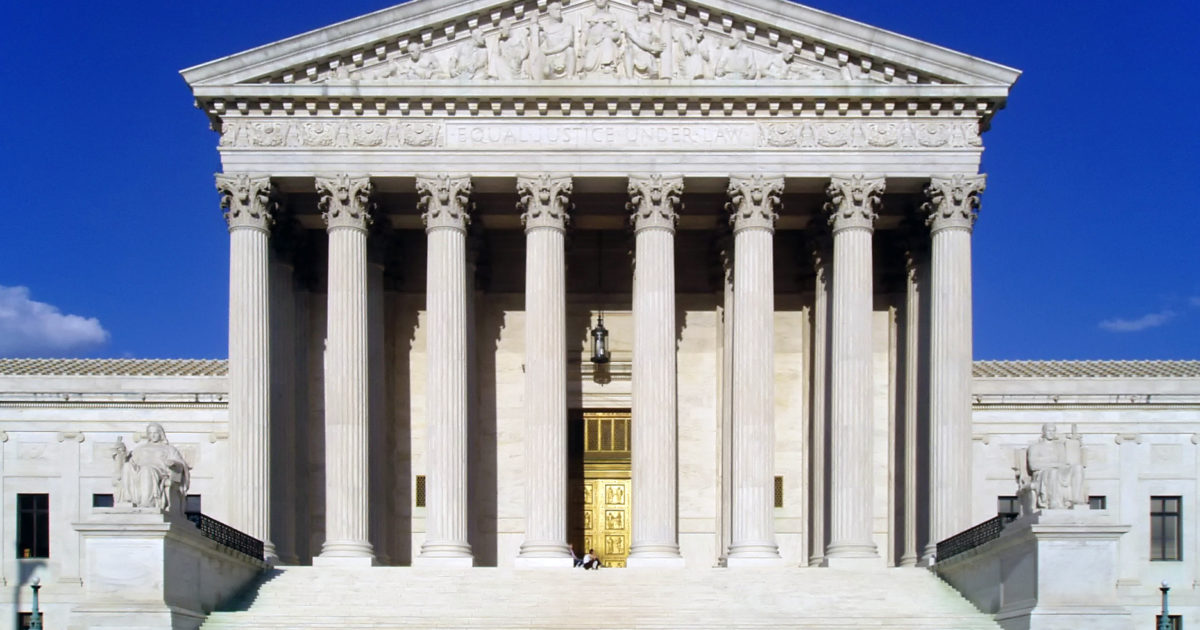Here’s the 302.How did the agents stipulate he wasn’t lying?No, he embezzled funds. I am unaware of whether he lied to federal officers investigating the case as Flynn did.I understand why the whole article can't be pasted here but one needs to read it in its entirety to understand the point being made. I'll try to pull out the salient points.
"Franklin Woody was accused of embezzling federal funds. His grandfather was Missoula’s first mayor and a district judge, while Woody’s father was close friends with the governor and had served as Montana’s assistant attorney general. After Woody’s indictment, the federal prosecutor argued that the case against him should be dismissed.
The judge deciding whether to grant the government’s motion to dismiss the prosecution found his hands tied. The government’s reasons for dropping the case, he said in a 1924 ruling, “savor altogether too much of some variety of prestige and influence (family, friends, or money) that too often enables their possessors to violate the laws with impunity.” Nonetheless, he acknowledged, “the district attorney has absolute control over criminal prosecutions.”
That case helped lead to the federal rule that is at issue in Flynn’s case, Rule 48(a) of the Federal Rules of Criminal Procedure. Ultimately, the Supreme Court adopted the requirement currently found in Rule 48(a) — that the government obtain “leave of court” for a dismissal. That change, as Frampton observes, “armed the district judge with a powerful tool to halt corrupt or politically motivated dismissals of cases."
A three-judge panel of the appeals court voted, 2-1, to order the immediate dismissal of the case; on Tuesday, the full appeals court will reconsider that ruling. The outcome should be clear. The “leave of court” requirement in Rule 48(a) was designed to protect against corrupt or politically motivated dismissals that could undermine our nation’s criminal justice system — arguably the very kind of dismissal sought here."
Given the facts of the case it's obvious the appeals court should deny the government's motion for dismissal for the very reasons Rule 48(a) was adopted. To prevent cases being dropped "to halt corrupt or politically motivated dismissals of cases."
Did Franklin talk to a Russian on the phone?
The agents stipulated that he didn't lie. The government is the entity that HAS provably lied in this case.
Your facts are fabricated.
That makes them lies.
Their 302s specifically say they didn't believe he lied to them.
I don’t see that in there. Do you?
They altered them. Or didn't you see that in the IG report? Or are you selectively cherry picking like it seems most progressives do.


